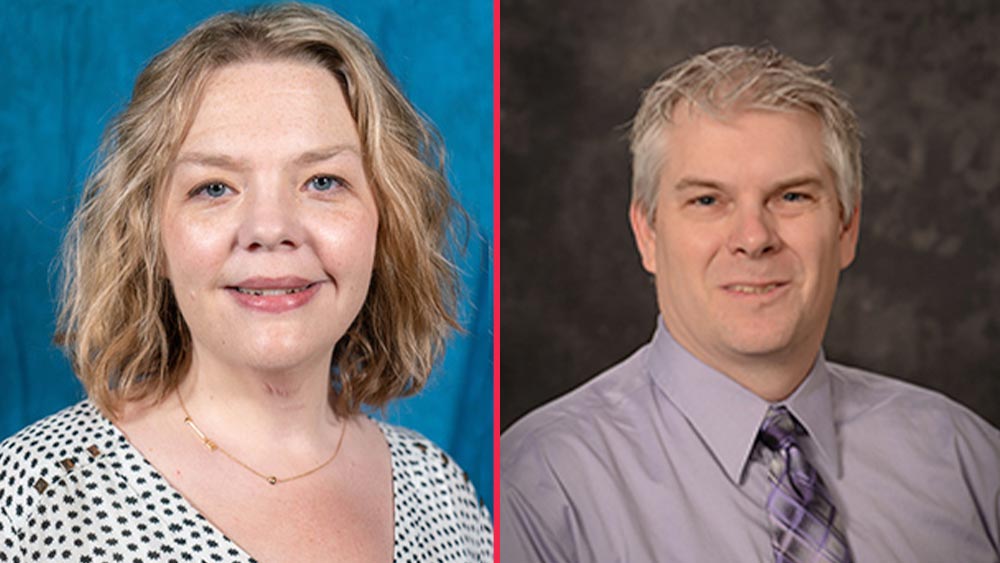
The Department of Multidisciplinary Engineering at Texas A&M University was created as a way to allow students to pave their own way in their academic careers. As innovative as it is challenging, multidisciplinary engineering offers degree options for students who want to specialize in a nontraditional engineering discipline. Building a degree plan is simple, and interim undergraduate advisor Doug Beck and interim graduate advisor Angie Dunn explain how to know if it’s the right fit for you.
Q: What sets multidisciplinary engineering apart from the other engineering departments at Texas A&M?
Beck: Multidisciplinary engineering is a contemporary way to educate future engineers as our world becomes more complex and technology advances. Students can specialize in areas that may not be provided in a traditional department degree plan, and as such, they graduate with a specific skill set from a unique program of study. In a nutshell, it is a new degree program that can combine relevant coursework in two or more engineering disciplines.
Dunn: We are so very unique; we allow our students to self-design their degree so they have to know what they want to do and how they want to do it. Our program isn’t for the weak of heart — our students are paving the way for some of the most unique areas of research imaginable.
Q: Could you describe the Bachelor of Science in interdisciplinary engineering? What would it look like if a student were to build their own degree plan?
Beck: We call it a “design your own degree.” With the interdisciplinary curriculum, students would combine coursework from at least two different engineering disciplines and take coursework in other math or science areas for a total of 128 credit hours. This creates quite a bit of flexibility when you look at all of the technical electives a student must take.
Additionally, we have a few predefined tracks in planetary exploration, automotive engineering, entertainment engineering and management consulting, to name a few. Students interested in law or public health can also seek a combined degree program.
Q: What are some of the graduate programs currently offered by the department?
Dunn: We offer several master’s programs: Master of Engineering or Master of Science in subsea engineering, Master of Engineering with a specialization in cybersecurity, Master of Engineering with a dual physician degree through the College of Medicine (EnMed), along with a Master of Engineering in engineering for transportation professionals. Our doctoral degrees include a Ph.D. in interdisciplinary engineering and a Doctor of Engineering, both of which are offered as distance programs.
Q: What advice would you offer to someone who is considering a degree within multidisciplinary engineering? What sort of things should they keep in mind when making their decision?
Beck: I’d encourage them to reflect on why they want to major in interdisciplinary engineering. What engineering disciplines do they want to combine, either with another engineering field or with disciplines outside of engineering? What are their plans immediately after graduation and what are their long-term goals? Next, look at 400-level courses in the engineering disciplines they identified and trace back to the courses’ prerequisites. It’s also worthwhile to consider engineering minors and certificate programs.
Dunn: As a potential graduate student, it’s encouraged that students do their research about our programs. Our students come in knowing what they want to do and understand it doesn’t neatly fit into any other engineering discipline. Our students are passionate about their ideas and excited about the opportunity to do things others only dream about. When you apply to our program, we read every statement of purpose to look for that passion and excitement.